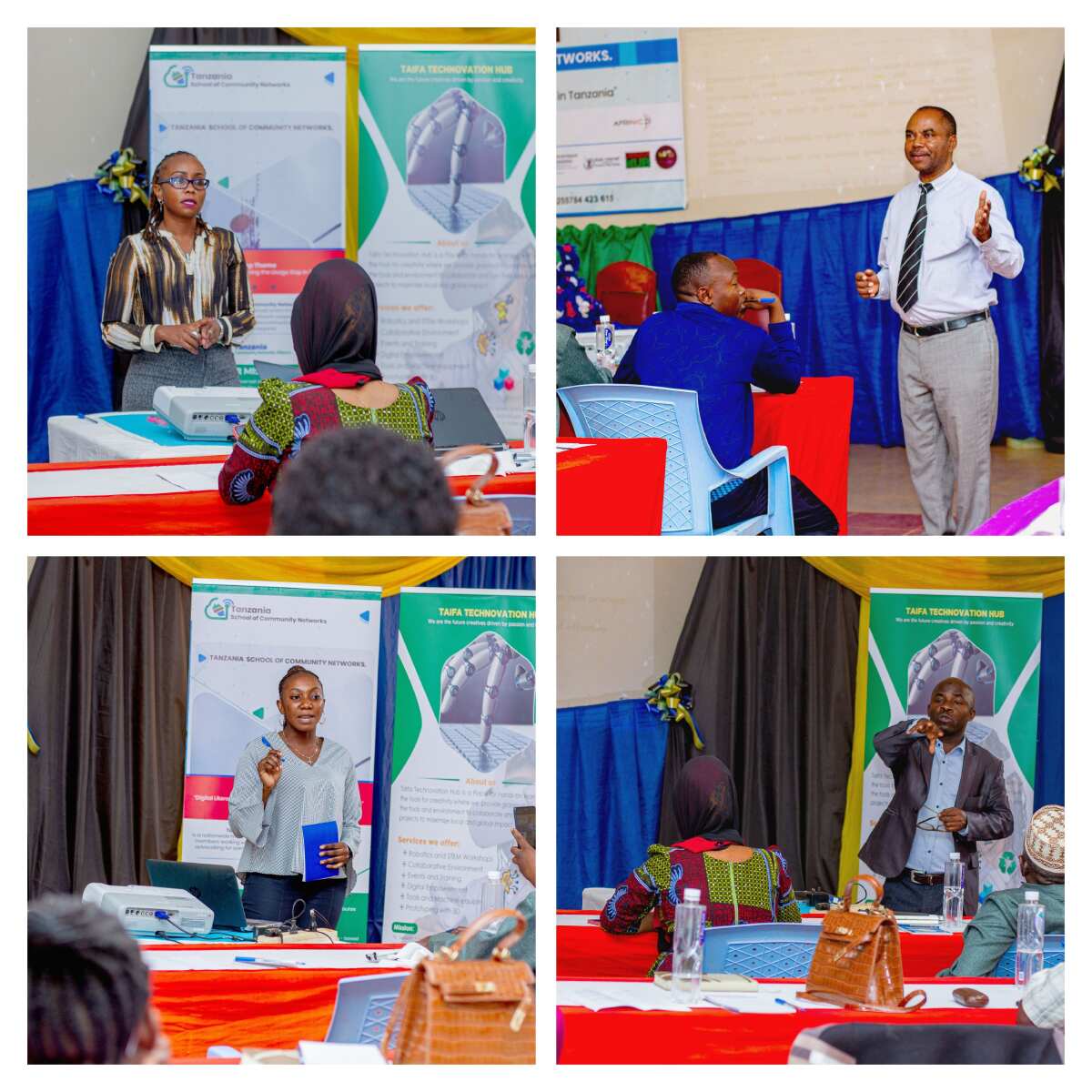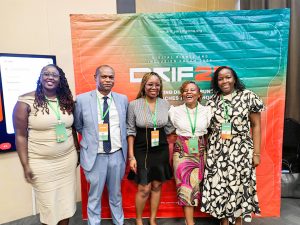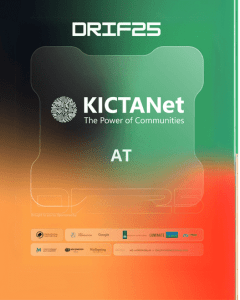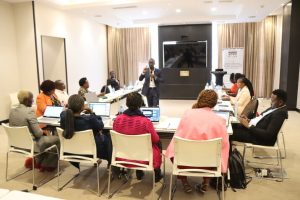Lessons from The third edition of the Tanzania School of Community Networks
Community Networks are quickly gaining traction as a complementary access model in unserved and underserved areas. School of community networks is a capacity-building platform aimed at creating advocacy both at the stakeholder and community levels. The third edition of the Tanzania school of community networks which took place in Kasulu, Kigoma region of Tanzania attracted experts from various stakeholder organizations; Kenya ICT Action Network, (KICTANet), Association for Progressive Communications (APC), Universal Communications Service Access Fund (UCSAF), Africa Child Project, Arusha Technical College, and Basic Internet Foundation.
The sessions at the school focused on community networks as the best medium for sustainable initiatives in education, the health sector, and government databases at the local level. The sessions included:
- The understanding of usage gap versus coverage gap and participants’ view on how best to address the usage gap. Dr. Matogoro Jabhera, the CEO and Founder of the alliance defined usage gap as “those who live in areas covered by mobile broadband networks but remain unconnected and unable to reap the benefits of this connectivity, due to lack of skills, knowledge, affordability, relevant content and other factors. ” He referred to the coverage gap as “ those living outside of areas covered by mobile broadband networks”. The coverage gap continues to narrow but the usage gap remains wide.
- Corporate governance of community networks. Mr. Mosha Stanley discussed the importance of community networks transitioning from the non-governmental organizational model into the cooperative model towards promoting community ownership, ownership capital management, and equitability. He discussed the cooperative model as a means to pursue business models to generate reasonable revenue streams to sustain as well as facilitate in transferring of and sharing useful information and knowledge to a wider diverse, and inclusive community and stakeholders.
- Ethics in digital technologies (cybersecurity). Dr. Adam B. Mtaho (Ph.D.) of Arusha Technical College discussed the ethical principles and issues that can serve as guidelines in the implementation of any form of technology. The principles include:
- Proportionality: The good achieved by the technology must outweigh the harm or risk.
- Informed Consent: Those affected by the technology should understand and accept the risks.
- Justice: The benefits and burdens of the technology should be distributed fairly. Those who benefit should bear their fair share of the risks, and those who do not benefit should not suffer a significant increase in risk.risk.
- Minimized Risk: Even if judged acceptable by the other three guidelines, the technology must be implemented to avoid all unnecessary risks. Four basic ethical issues that arise from the use of IT are:
- Privacy. What information is an individual using the technology expected to reveal, under what conditions, and with what safeguards? Tanzania is currently
- Accuracy. Who is responsible for the authenticity, fidelity, and accuracy of the information, Who is to be held accountable for errors in information and how is the violated subject to be compensated?
- Property. Does this relate to who has rights to the technology or information in question? What are the terms of use for the third party? Who owns the channels, especially the airways, through which information is transmitted?
- Accessibility. In the design and use of technology, it is important to be clear on what information the user has the privilege to obtain, under what conditions, and with what safeguards.
Speaking while officiating the country’s fourth Connect to Connect ‘C2C’ Summit 2022 in Dar es Salaam, Nape Nnauye (MP), ICT Minister said that the Government is keen on working on the data protection legal framework that will address ethics of the internet use with its borderless nature, in ensuring that the internet use is governable, manageable and regulated responsibly.
- Establishing continuity of community networks through sustainable strategies. The Africa Regional Coordinator addressed four types of sustainability strategies for community networks;
Economic Sustainability – Public funding for community networks through the USF, affordable technologies for community networks, Social enterprise business models for community networks, and Infrastructure sharing.
Social and Organizational Sustainability – the chain of decision-making needs to be determined from early on to establish formality. The role of the community in the organizational chain needs to be determined based on the traditional structures that already exist.
Environmental sustainability – using sustainable resources, preventing pollution, and reducing the effects of climate change. Infrastructure sharing is also a form of economic sustainability. - Universal Communication Service Access Funds and Teachers’ Training: Digital Skills and literacy. Mr. John Munkondwa of the Universal Communication Service Access Fund (UCSAF) explained the important role of capacity building among teachers in their efforts to equip schools with computers, citing the pivotal role it plays in the sustainability of the digitizing education system and its contribution to maintaining computers available in the school.
- Relevant content and technologies for schools. Most content online whether in entertainment or education is not contextualized to the African population especially not to the local school’s curriculum. Community networks can come in to create platforms for the creation of contextualized content for schools due to their proximity to the schools.
- Policy and regulatory frameworks for community networks. Tanzania does not yet have a policy and regulatory framework for community networks. The alliance has been at the forefront of advocacy for a license for community networks. Hon. Neema Lugangira has been at the forefront of advocating for the recognition of community networks. Together with Tanzania Communications Regulatory Authority (TCRA), there are plans to set up a pilot community network in Bukoba where the regulator can witness community engagement and operations towards the provision of broadband connectivity to the community and work towards a standardized model for regulation. Dr. Jabhera Matogoro has been campaigning for use of the TV white space (TVWS) technology and a regulatory framework for its use.
- Personal branding, digital footprint, and content creation for social media. Personal branding is the process of creating an identity for yourself as an individual or business. A digital footprint is information you share about yourself online. Ms. Dorice Kaijiage stressed the importance of creating visibility for your brand, be it a personal brand or your organization. Further than visibility, it is vital to have an agenda that identifies you and understands your target audience so that your content is tailored to their interests.
- Use of teaching aids towards bridging the digital divide in schools and communities. Is partnering with secondary and university institutions in promoting and facilitating STEM subjects to help students with practical applications of technology. Mr. Said Hozza demonstrated how he uses Tinkercad to give a practical understanding of STEM subjects and his vision of working with community networks to reach more students in rural areas.
- Sustainable internet connectivity approaches for communities and schools. Professor Josef Noll, the secretary general of the Basic Internet Foundation presented a scenario where digital pedestrians using close to zero bandwidth can use the internet for free while digital cars ensure profitability. The challenge comes in differentiating digital pedestrians and digital cars which prof. Josef cites can be solved using an Accelerated Mobile Pages (AMP checker). AMP is an open-source coding project created by Google to help (mobile) websites load faster by stripping them down to their most essential parts allowing them to deliver content immediately.
This is a follow-up blog will on the Tanzania School of Community Networks.
This is a series of our publications on Community Networks.
Ms. Catherine Kyalo is the KICTANet Africa Regional Coordinator for Community Networks under the APC-LOCNET initiative. She is passionate about community welfare and enjoys yoga to rejuvenate. LinkedIn | Twitter
![]()




